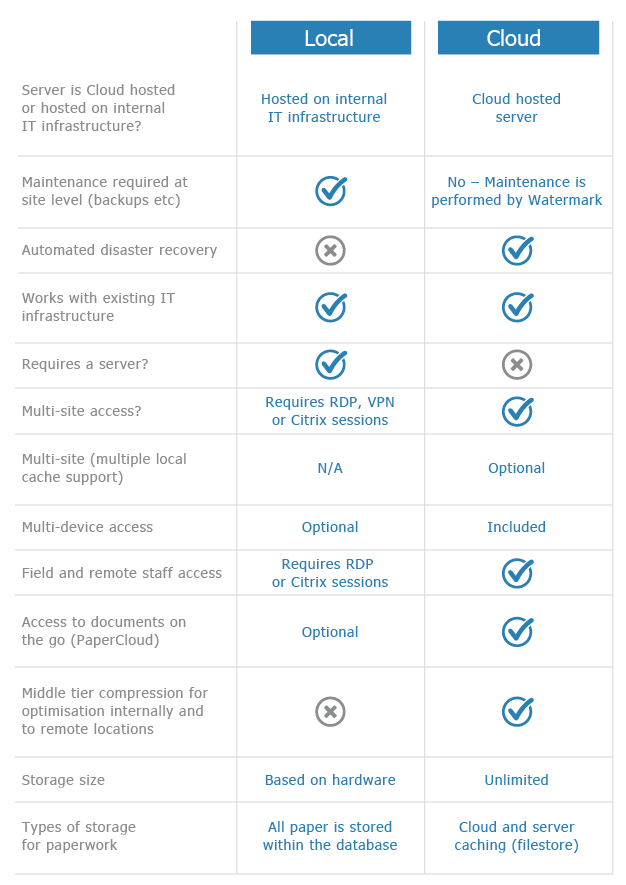You wouldn’t park your car in the middle of a roundabout leaving it in a vulnerable position from other drivers so why leave important documents and data in the vulnerable state of paper?
In recent years a number of large companies and organisations around the world have suffered the devastating effects of fire.
In 1973, a fire tore through the National Personnel Records Centre in St Louis.
Approximately 16-18 million official Military Personnel Files were destroyed. No duplicate copies of the destroyed files were ever maintained, nor were microfilm copies produced.
In Feb 2014, a fire broke out in Buenos Aires the capital of Argentina destroying large amounts of files at Iron Mountain Data Warehouse.
Among the data stored there were several archives containing corporate and central bank records. The warehouse had a number of preventatives in place including private firefighters, sprinkler systems, and automatic containment mechanisms however, these precautions proved not to be enough.
In May 2014, Sharjah, Dubai suffered three blazes in six days.
A number of high profile and costly fires have led to the UAE Insurance Authority issuing new regulations around archiving and managing documents.
In Jan 2015, 85,000 case files from over 1 million court cases were destroyed when a fire broke out at a Brooklyn warehouse.
The city has been threatened with at least one lawsuit stemming from the fire.
In Jan 2015 roughly 2 million unique, historic documents, some 15% of the collection were destroyed at a fire in Russia’s leading academic library in Moscow.
The incident was described as a ‘tragedy’ as a digital copy was made for only a small amount of the material lost.
This is a great loss for science. It is the world’s largest depository of this kind, similar, probably, to the Library of Congress. Here we have the materials which cannot be found elsewhere, and all humanitarian institutions used this library
Fortov said, as quoted by TASS.
Stop. Think. Act.
Be wise. Plan ahead. Go Digital.
Don’t let your business be burnt alive. Safety is just one of the benefits of going paperless.
‘SAFE’ reasons for using Volume document management
Safety: Volume is safe and offers the highest security as it holds all data inside the database with no external files and a complete audit trail. Documents can never be deleted as they are held within a locked recycle bin.
Accessibility: Volume enables live documents to be accessed securely, inside or outside the office, via PC, mobile and tablet devices.
Fast implementation: Volume is straight forward to deploy without making major changes to the way your organisation works.
Ease of use: Volume’s intuitive interface with Microsoft Windows and existing systems makes it suitable for staff of any skill level with little training required. Multiple permission levels are available for necessary management controls.




